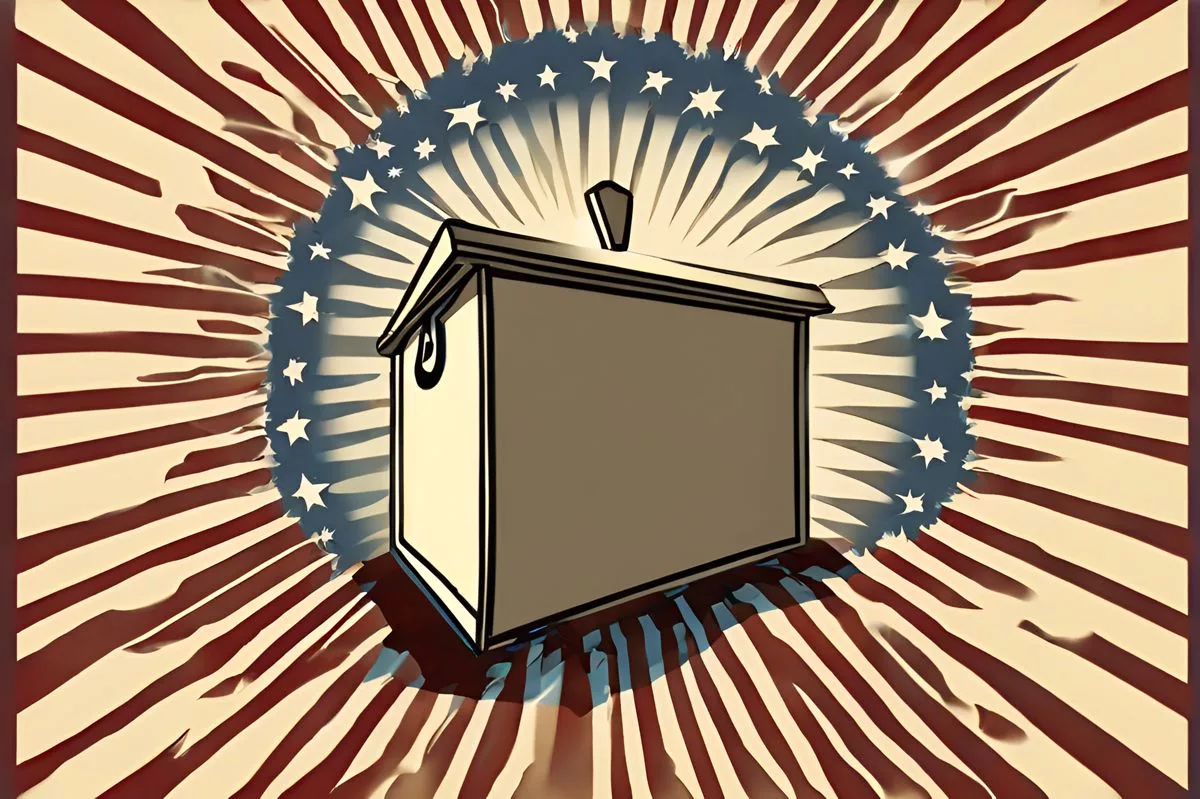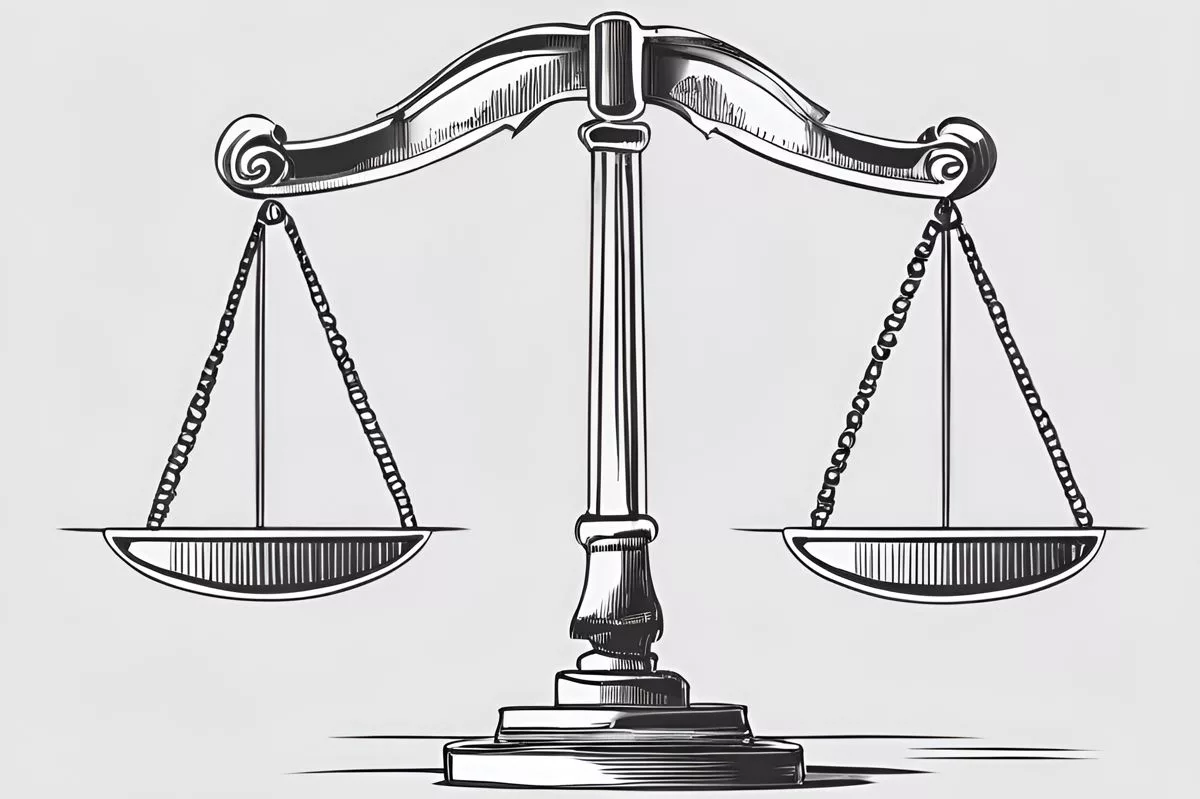South Africa’s Parliament has confirmed the General National and Provincial Election date for May 29th, 2024, complying with the legal clause of section 49(2) of the Constitution. The announcement followed the President’s consultation with the Independent Electoral Commission and Premiers of all nine provinces, and the Presiding Officers urged eligible voters to exercise their democratic privilege and adhere to the Electoral Code of Conduct. With the impending elections marking the 30th anniversary of South African democracy, the nation stands united in dedication to a dynamic and resilient democracy.
Confirming the Election Date: A Collaborative Effort
The Parliament of South Africa confirms the General National and Provincial election date for 2024 as May 29th, complying with the legal clause of section 49(2) of the Constitution. The announcement came after the President conferred with the Independent Electoral Commission and Premiers of all nine provinces, urging eligible voters to exercise their democratic privilege and adhere to the Electoral Code of Conduct.
In a vibrant demonstration of democracy, the Parliament of South Africa presided by Ms Nosiviwe Mapisa-Nqakula, Speaker of the National Assembly, and Mr Amos Masondo, Chairperson of the National Council of Provinces, have thrown their weight behind the President’s proclamation of the 2024 General National and Provincial election date. The designated date set by President Cyril Ramaphosa is 29th May, in accordance to the legal clause of section 49(2) of the Constitution, complying with section 17 of the Electoral Act of 1998.
Confirming the Election Date: A Collaborative Effort
This crucial announcement is the result of an extensive joint effort. The declaration came after the President conferred with the Independent Electoral Commission and met with the Premiers of all nine provinces and the IEC to debate on the readiness for the impending general elections.
As the gatekeepers of democratic procedures, the Presiding Officers fervently urged eligible voters to utilize their democratic privilege at the voting booth. Moreover, a plea was made to all political factions and contenders to adhere to the Electoral Code of Conduct, thus fostering an enabling atmosphere for impartial and just elections. They stressed the significance of tolerance, unhindered political canvassing, and open public discourse.
Upholding the Electoral Code of Conduct
The Electoral Code of Conduct outlines explicit rules for parties and candidates. These encompass the duty to condemn political violence and threats against other parties, the Electoral Commission, the public, and the media. It also requires the divulgence of any planned marches or rallies, acknowledgement of the authority of the Electoral Commission, and acceptance of the election outcomes or the legal entitlement to challenge them in court.
The impending elections bear unique importance as South Africa celebrates the 30th anniversary of its democracy, marking three decades since the landmark first democratic elections of 1994. This significant year symbolizes the triumph of the South African people over enduring colonialism and apartheid, signifying a critical turning point in the nation’s history. This sentiment was reinforced by the Presiding Officers in their announcement.
Commemorating Democracy’s Milestones and Preparing for New Parliament
Furthermore, the year 2024 commemorates the 30th anniversary of the democratically elected Parliament of South Africa, underscoring the durability and evolutionary journey of the nation’s legislative institution.
Active steps are underway to gear up for the inauguration of the 7th democratically elected Parliament following elections. The Parliament is striving to welcome new Members by harmonizing its internal procedures, processes, and systems with the Electoral Amendment Act of 2023, as required.
This seamless fusion of history and progressive thinking stands as an affirmation of the power and tenacity of South African democracy. It serves as a stark reminder that the robustness of the democratic process is not only rooted in its institutions but also in the commitment and involvement of its citizens.
Encouraging Public Participation and Informing
In the pursuit of informed participation, it is noteworthy that political parties represented in Parliament are qualified for public funding for their political activities. The funding is proportional to the number of seats they possess. This aids in creating a leveled political environment and ensures that all voices have the chance to be heard.
Parliament always welcomes visitors, with options to schedule a tour, attend a debate, or seek directions. Contact information is readily available, and queries can be directed to Mr Moloto Mothapo.
As part of the initiative to keep the public apprised about their representatives, Parliament showcases its members, such as Mr Werner Horn of the Democratic Alliance on the provincial list for the province of Free State. He is a member of the Portfolio Committee on Justice and Correctional Services and the Ad Hoc Committee to initiate and introduce legislation amending Section 25 of the Constitution.
The democratic process in South Africa is not confined to those contesting elections or casting a vote. It extends to every citizen who shows interest and participates in the democratic trajectory of the nation. As South Africa gears up for its 7th democratically elected Parliament, the nation stands united in its dedication to a dynamic and resilient democracy.
What is the confirmed date for the 2024 National and Provincial Elections in South Africa?
The confirmed date for the 2024 National and Provincial Elections in South Africa is May 29th, complying with the legal clause of section 49(2) of the Constitution.
Who was involved in the decision to confirm the election date?
The decision to confirm the election date was made after the President conferred with the Independent Electoral Commission and met with the Premiers of all nine provinces and the IEC to debate on the readiness for the impending general elections.
What is the Electoral Code of Conduct?
The Electoral Code of Conduct outlines explicit rules for parties and candidates, encompassing the duty to condemn political violence and threats against other parties, the Electoral Commission, the public, and the media. It also requires the divulgence of any planned marches or rallies, acknowledgment of the authority of the Electoral Commission, and acceptance of the election outcomes or the legal entitlement to challenge them in court.
Why is the impending election significant for South Africa?
The impending elections mark the 30th anniversary of South African democracy, signifying a critical turning point in the nation’s history. It commemorates the triumph of the South African people over enduring colonialism and apartheid and the 30th anniversary of the democratically elected Parliament of South Africa.
How is the Parliament preparing for the inauguration of the 7th democratically elected Parliament following elections?
Active steps are underway to gear up for the inauguration of the 7th democratically elected Parliament following elections. The Parliament is striving to welcome new Members by harmonizing its internal procedures, processes, and systems with the Electoral Amendment Act of 2023, as required.
How can the public participate in the democratic process in South Africa?
The democratic process in South Africa extends to every citizen who shows interest and participates in the democratic trajectory of the nation. Political parties represented in Parliament are qualified for public funding for their political activities, and Parliament welcomes visitors with options to schedule a tour, attend a debate, or seek directions. Contact information is readily available, and queries can be directed to Mr. Moloto Mothapo.










